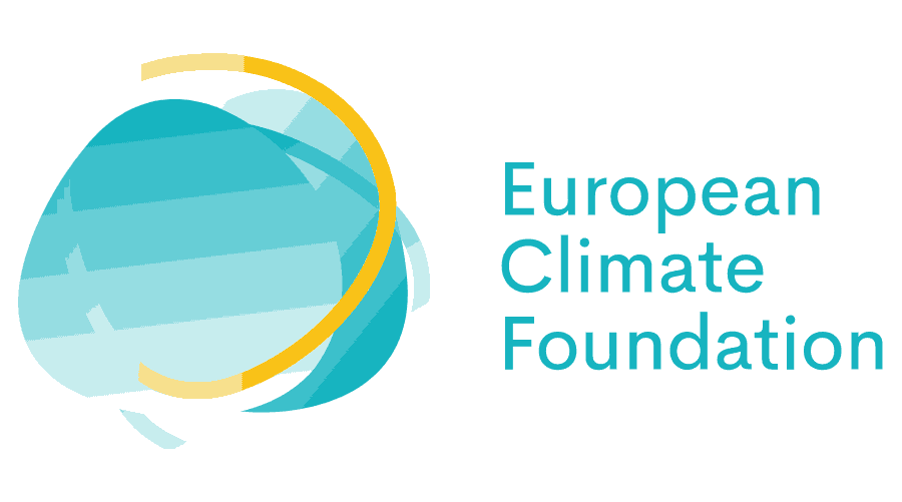Low-emission materials for the Czech automotive industry

It builds on the previous project Circularity and Life Cycle of Batteries and Structural Materials in the Automotive Industry as an Opportunity for the Czech Republic. This outgoing project clearly showed the limits of the current situation - lack of availability of quality materials for recycling, lack of markets for low carbon and secondary materials, and unclear or insufficient legal framework at European or national level. He also identified key obstacles in the area of cross-sectoral cooperation and the lack of involvement of Czech industry in the formulation of European legislation.
The project will therefore focus in particular on the following policies and measures:
- A long-term strategy for the automotive industry;
- support for investments aimed at the transition to low-carbon steel, aluminium and battery production;
- support for the establishment of waste collection systems to improve the sorting and treatment of scrap;
- strengthening cooperation in scrap supply chains and closed-loop recycling systems;
- setting industry standards to bring legal certainty to companies, including vehicle and battery passports;
- introducing a uniform EU approach to life cycle assessment of vehicles and a single definition of green steel.
The follow-up project focuses on practical steps to overcome the above obstacles. One of the main objectives is to support the implementation of key European legislation such as the Battery Regulation and the forthcoming End-of-Life Vehicles Regulation. These regulations represent an opportunity not only to improve the sustainability of the sector, but also to strengthen the competitiveness of the Czech automotive industry. The project also aims to help align the Czech legal framework with European requirements and create clear conditions for the collection, sorting and recycling of materials.
Another priority is to map material flows in the automotive sector in order to improve the availability of recyclable raw materials such as steel and aluminium and to create functional markets for low-carbon materials. This includes the development of material recovery systems and the promotion of technological innovations that will improve recycling efficiency and reduce the carbon footprint of production processes.
Deepening cooperation with the automotive industry, suppliers and public administration is also a key pillar of the project. Through expert discussions and workshops, the project facilitates the exchange of best practices and integrates foreign knowledge into the Czech environment, which will enable a more effective response to new legislative requirements and market opportunities.
The project also contributes to the formulation of new policies and the updating of existing strategies, such as the Economic Strategy of the Czech Republic and its implementation plans. The aim is to help the Czech industry to overcome the limits of the current situation, to better exploit the potential of circular solutions and to contribute to the achievement of the EU climate goals while maintaining the competitiveness of the automotive sector.









